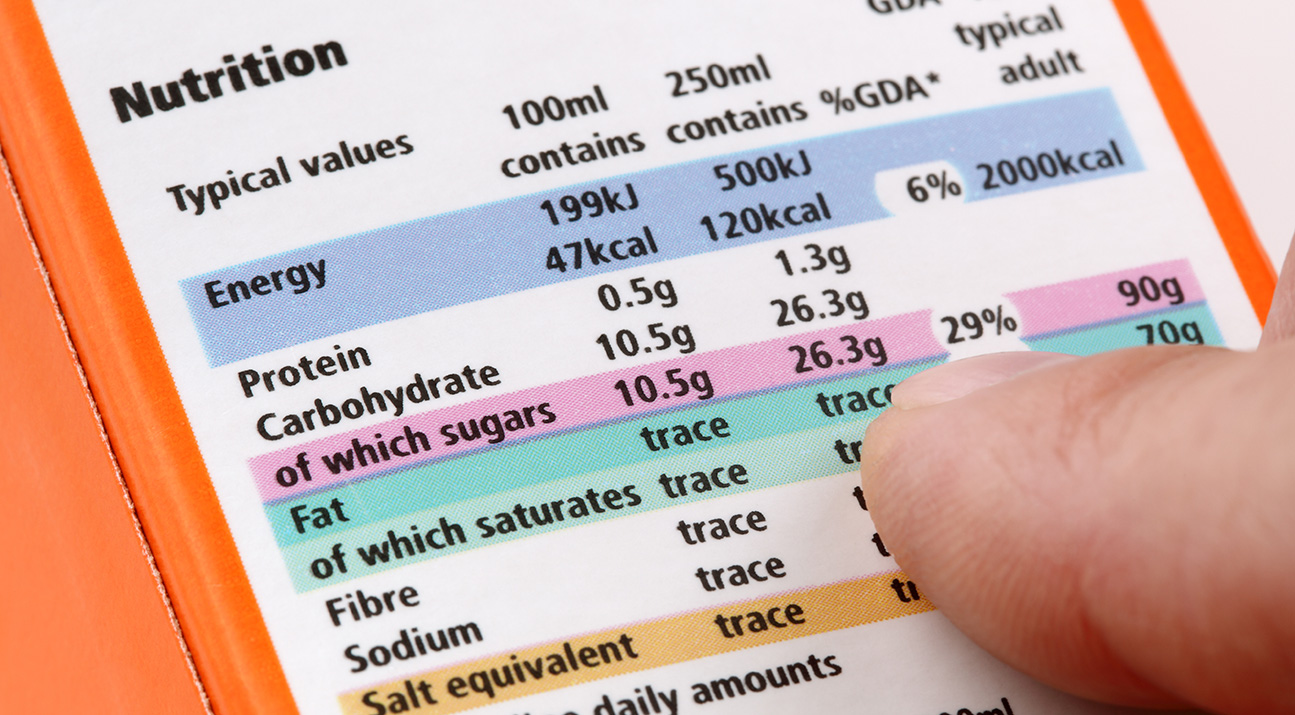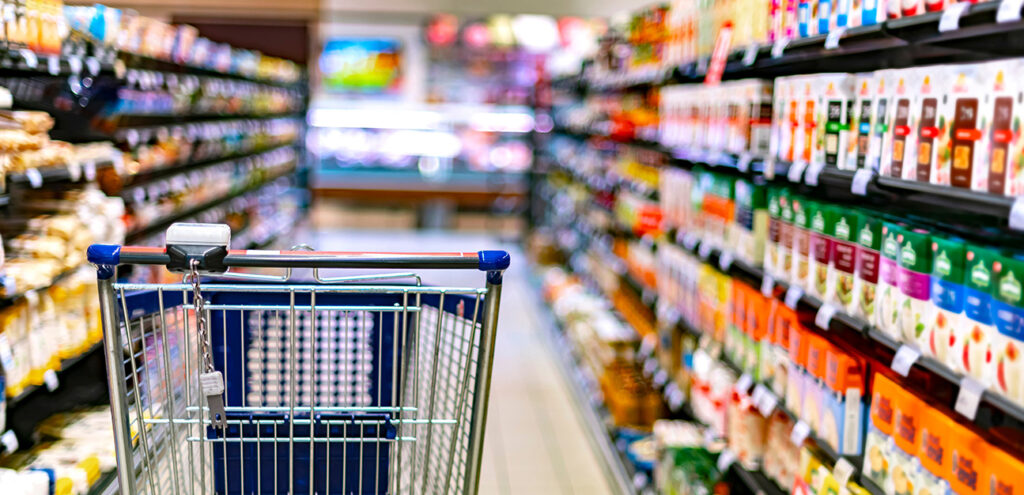Sugar Talk
Sugar Talk


Sugar regulations in the UK: what food and drink buyers need to know about the HFSS rules in 2025
For food and drink brands marketing products in the UK, understanding how sugar regulations affect your products has never been more important. The high fat, salt and sugar (HFSS) rules have been shaping the industry since 2022, but not all of the planned restrictions came in at once. With new measures due in 2025, and the pressure on brands to balance compliance with consumer demand, it is vital that buyers know what the rules mean in practice.
This article explains the HFSS regulations, where they currently stand, what is still to come, and how sugar ingredients support reformulation strategies.
What are the HFSS rules?
The HFSS regulations are designed to reduce the promotion and visibility of foods high in fat, salt and sugar. Products are assessed using the UK nutrient profiling model, which scores their nutritional content per 100g. If the product exceeds the HFSS threshold, it is subject to marketing and placement restrictions.
For sugar buyers, this matters because sweetened products like confectionery, biscuits, cakes, desserts and soft drinks often fall within HFSS categories. The rules influence not just how products are displayed and promoted, but also the need to develop innovative recipes that maintain the unique flavour, colour, texture and mouthfeel properties of products.
What has already changed since 2022?
Several HFSS restrictions are already in place:
In-store placement bans: Since October 2022, HFSS products cannot be placed in key selling locations such as store entrances, end-of-aisle displays, or checkouts.
Online placement restrictions: Equivalent rules also apply to digital retail platforms, preventing HFSS products from appearing in prominent spots such as homepages or checkout pages.
Business scope: These rules apply to medium and large retailers with more than 50 employees and stores over 2,000 square feet.
This has already had a significant impact on how products are merchandised and promoted, forcing many manufacturers to rethink launches and packaging strategies.
What change are coming in 2025?
The government delayed some of the most impactful measures, but they are now due to take effect from October 2025:

Multibuy promotion restrictions: ‘Buy one, get one free’ (BOGOF) and similar offers on HFSS products will be banned.
Advertising restrictions: A 9:00pm (21:00) watershed on TV advertising of HFSS products and limits on paid online advertising will be introduced.
These changes will further tighten the market environment for HFSS products. Buyers, food scientists and process engineers will need to anticipate reformulation pressures, process and production line redesign and evolving retail strategies.
How functional sugar ingredients support compliance and innovation
Sugar remains an essential ingredient in many food and drink applications, not just for sweetness but also for texture, mouthfeel, colour, and preservation to extend shelf life, particularly at ambient temperatures. Reformulating to reduce HFSS scores without compromising functionality requires careful ingredient selection.
Ragus produces specialist industrial sugar ingredients that help manufacturers adapt their formulations for compliance without compromising the core product, for example:
Invert sugar syrups are typically 40% sweeter than sucrose (table sugar) so can enhance perceived sweetness, meaning less sugar is needed in formulations.

Partial inverts and blends allow precise control of texture and moisture, helping reduce overall sugar content without losing product quality.


By working with the right sugar ingredient, and the right pure sugar ingredients supplier with the expertise and knowhow to adapt recipes, food and drink manufacturers can achieve both regulatory compliance and product appeal.

What food and beverage brand buyers should do next
With October 2025 fast approaching, food and drink buyers and food technologists at brands that supply products for the UK market should:
Review product portfolios now to identify HFSS-classified items.
Engage suppliers early to explore ingredient alternatives and reformulation options.
Plan for marketing restrictions so launches and campaigns align with the new rules.
Balance compliance and consumer preference by using specialist sugar ingredients that retain product performance.
In particular, smaller and medium-sized brands that have experienced rapid growth in recent years may find their products now fall under the rules, so now is the time to start the reformulation and compliance process.
The HFSS rules are reshaping the UK food and beverage market. While placement restrictions are already in place, the forthcoming advertising and promotion bans will bring fresh challenges in October 2025. For the key stakeholders in food and beverage brands, staying informed and working with ingredient partners such as Ragus is key to navigating these changes successfully.

Ragus manufactures functional pure sugar ingredients for industrial food and beverage applications enhancing flavour, texture and appearance. Talk to our Customer Services Team to learn how we can support your HFSS compliance with recipe reformulation. For more sugar news and Ragus updates, keep browsing SUGARTALK and follow Ragus on LinkedIn.



